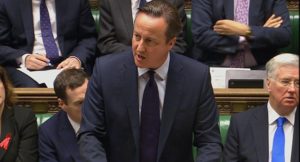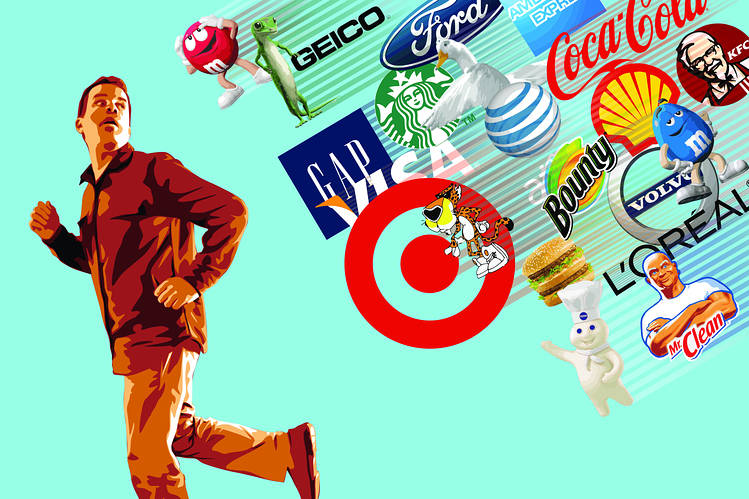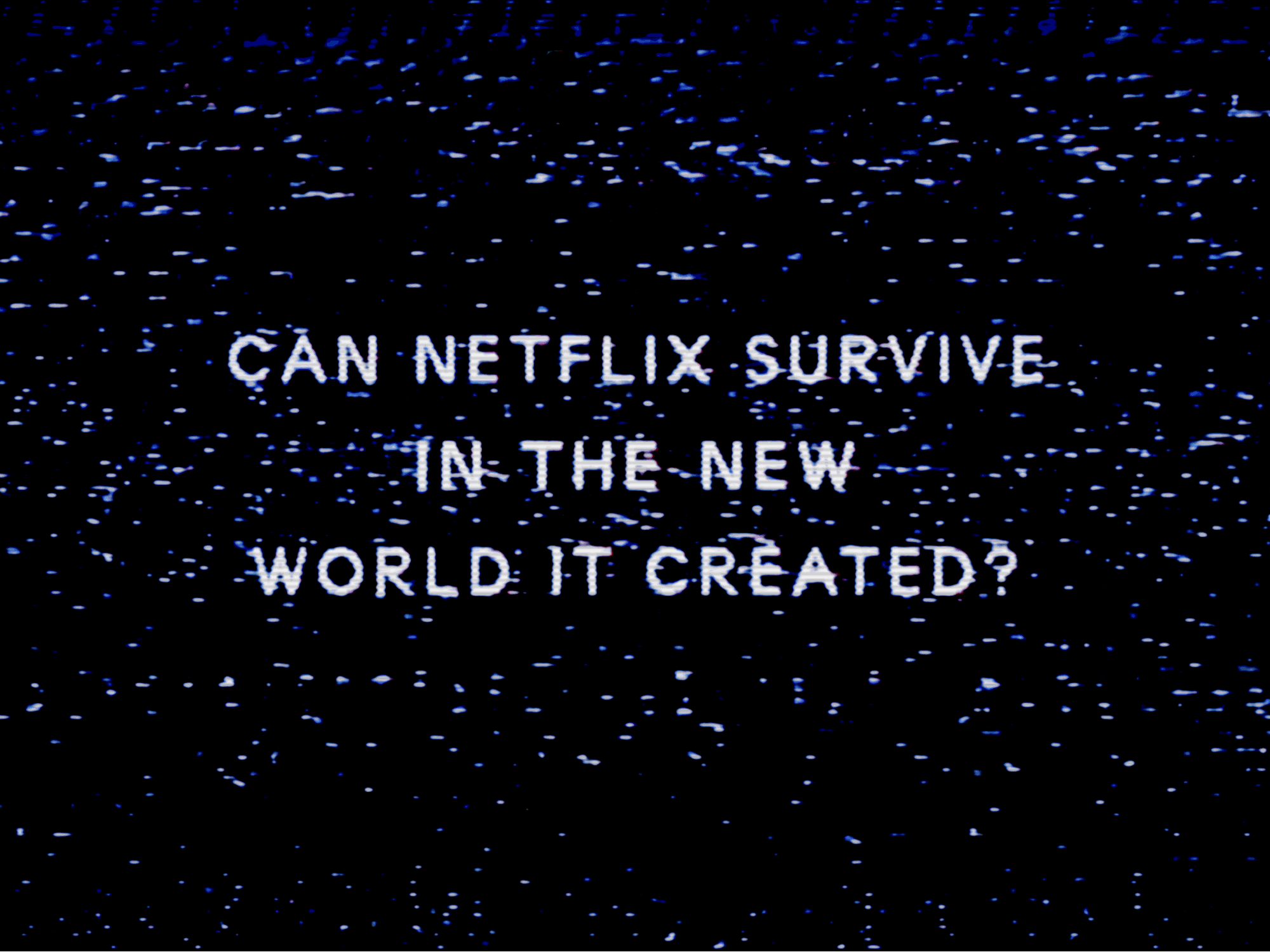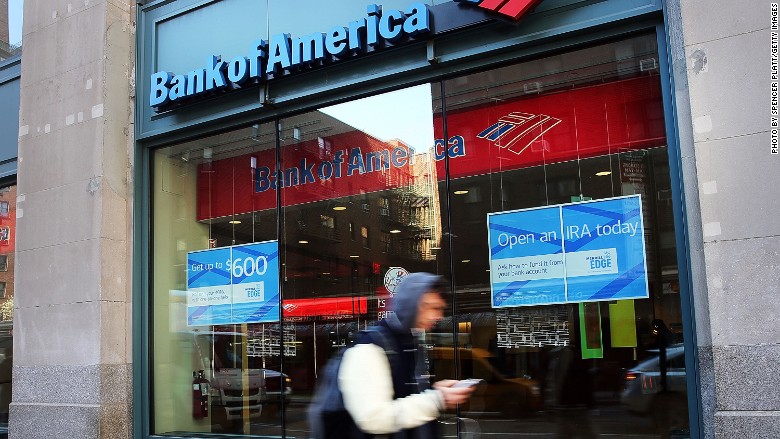SPECIAL BREXIT ISSUE: These are not the dips we’re looking for
 Unless you’ve been hiding under a rock over the past few days, you’ve heard that the biggest macro risk for 2016 has come to pass, as voters in the United Kingdom voted to leave the European Union last Thursday. Voter turnout was 72%, with a solid margin of 52% to 48%. The next step in the process is for the UK to invoke Article 50 of the Lisbon Treaty, but Prime Minister David Cameron has announced he will step down in October and has already made it clear that he will understandably leave this to his successor.
Unless you’ve been hiding under a rock over the past few days, you’ve heard that the biggest macro risk for 2016 has come to pass, as voters in the United Kingdom voted to leave the European Union last Thursday. Voter turnout was 72%, with a solid margin of 52% to 48%. The next step in the process is for the UK to invoke Article 50 of the Lisbon Treaty, but Prime Minister David Cameron has announced he will step down in October and has already made it clear that he will understandably leave this to his successor.
All of this led to a sharp drop in the stock market on Friday, in very much a “shoot first and ask questions later” mindset. Yesterday, European equities continued their slide, with the pan-European Stoxx 600 index dropping around 4.1 precent and the British pound hitting a 31-year low. All three of the major domestic stock market indices were once again meaningfully in the red, and as of last night’s close, all three are firmly in the red, especially the Nasdaq Composite Index.
Now for some good news. Given the market move over the last few days, we’ve seen a strong rebound in the ProShares Short S&P500 ETF (SH) and continued improvement in our more defensive and higher dividend yielding positions — AT&T (T), Regal Entertainment Group (RGC), and Physicians Realty Trust (DOC). As you might expect, some of the more growthy names — Amazon (AMZN), Alphabet (GOOGL) and Starbucks (SBUX) gave up some ground as Wall Street and investor thinking shifts from “What just happened?” to “What does it mean?”
Now for one more piece of arguably good news.
Most investors would likely rather get their teeth cleaned than look at the market movement over the last few days; however in looking at 51 major global crisis over the past century — several of which were far worse than today’s — even though losses are typically quite steep up front, within a year’s time, on average, the Dow Jones Industrial Average has ended up 6.3 percent higher than before the crisis ignited. That’s according to research from Ned David Research.
Odds are the Brexit fallout will be a prolonged event. Given the nature of the exit process and the fact that no other country has ever voted to leave the EU, there is no clear cut path to follow. In events like these that give rise to much uncertainty, normally we see the market overshoot to the downside, which is were opportunities present themselves.
In context, this is no Lehman moment and the good news is all this uncertainty is likely to result in overreactions to the downside, which is exactly what we’ve been expecting in the face of such aggressive assumptions for earnings going into the second half of 2016.
But this current drop in the market is probably not the dip we want to buy.
Post Brexit vote shock and awe, growth expectations for the global economy, as well as corporate revenues and profits will need to be rethought. We’ve been saying this for some time, given the vector and velocity of the global economy vs. earnings expectations for the S&P 500 in the second half of 2016.
We expected many to catch up to our view on this as we moved into June quarter earnings, but then the Brexit vote happened. We rather doubt many companies factored a Brexit leave vote in the guidance they shared with investors over the last few months.
Combined with the slowing economy, we would not be surprised to see at least some companies pre-announce earnings shortfalls over the next few weeks. Should this occur, it will likely lead the investment community to revisit earnings expectations for the second half of 2016. As this happens, we are likely to see some additional pressure in the market. At best, it is likely to move sideways.
Let’s remember, the economy and Brexit uncertainty aside, we also have what is shaping up to be a rather “interesting” presidential election. Our take is businesses will remain on the sidelines until they have a much clearer view on who is the White House and what the next president’s policies will be.
In other words, we are not expecting a sharp rebound in the domestic economy and odds are rather high the Fed will not boost interest rates until late in 2016 at the soonest.
This will give us time to revisit thematically well positioned companies at better stock prices over the coming weeks and months. When we look through our thematic lens, odds are all of this will be a hiccup 12 to 24 months down the road.
Will the Brexit slow the shift to digital commerce? Probably not.
Will the Brexit remedy the looming global water shortage, reverse the demographic shift in global age, or help reduce obesity rates? Nope, nope, nope.
You get the idea, but for those that aren’t 100 percent sure, despite the Brexit fueled uncertainty, odds are it will do little to dull the thematic drivers that power our 17 investment themes.
Candidly, while others are gun shy about what’s coming down the pike, we’d be lying if we said we weren’t excited at buying some of the companies at the Tematica Select List as well as new contenders when the risk-to-reward is better than favorable.
We’ll be back next week with the next issue of Tematica Investing on Wednesday, July 6, and the next edition of Tematica Pro on Thursday, July 7.
Enjoy the 4th with your family, friends, and loved ones!











